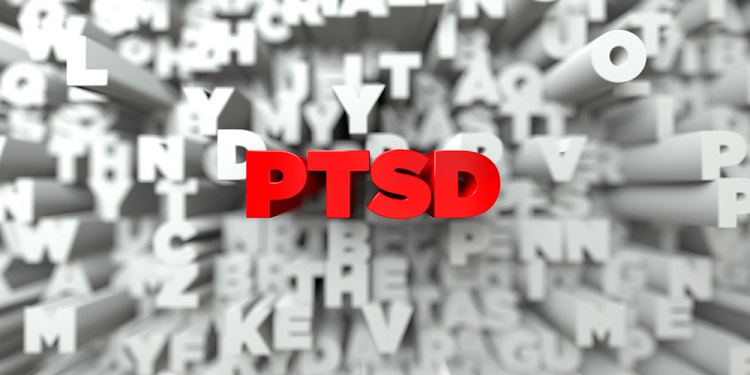Living with Post Traumatic Stress Disorder (PTSD): A Tiny Guide for the Clueless
Living with Post Traumatic Stress Disorder (PTSD) is an endless challenge, one that millions of people are suffering with, often in silence. Whether the disorder developed after a single traumatic event or is the consequence of several distressing life events, the results are the same: a debilitating mental illness that affects every aspect of life of the sufferer.
PTSD can be triggered by stimuli associated with a variety of traumatic experiences, including a childhood tainted by physical, mental, and sexual abuse, as well as a long and unpleasant list of battlefield experience stories from war veterans. While some seem to be mentally untouched by serious events, other people’s mental repairs don’t work the same way and they are never the same after the shock. To them, there is no safe place in the world, often not even in their own homes.
People with PTSD seek counseling and therapy, not because they are crazy, but because these can be very useful, especially as a first real step towards understanding the why, when and how of the illness, and coming to terms with the magnitude and impact it can have on daily functioning. During therapy and through counseling, people with PTSD learn information about the disorder, learn techniques to cope with the plethora of stressors and triggers that can onset symptoms, and find out if there are medicines available for them, if applicable.
Most people who develop PTSD suffer from frequent flashbacks and nightmares related to the harrowing event or events. Many people are unable to sleep well or even sleep at all, and obsessively check windows, door and locks; they live constantly alert and on guard, are easily startled or angered, irritable or anxious and preoccupied with staying safe. They can find it difficult to concentrate, and even attempting to accomplish simple tasks can become a mission for them. They can have physical problems like constipation, diarrhea, changes in breathing (rapid breathing), rapid heart rate and muscle tension. They avoid any topic or situation that reminds them of the trauma, frequently seeming numb and detached from friends and family. Others are simply unable to leave their homes, weakened by their fear for personal safety and uncontrollable thoughts and beliefs that the trauma will repeat.
It is a real yet treatable condition, and the treatment generally helps those affected to gather and build the necessary skills to feel safe in their own world, home, and skin. Often, treatment requires a combination of behavioral therapy and medicine to help regain control of their emotions and affected behaviors, and begin rebuilding satisfying lives and careers. There are also several support groups available to those diagnosed with PTSD.
Sadly, active public knowledge and real research to find solutions and better approaches for PTSD in the United States was almost null until our soldiers started developing and presenting related symptoms during and after returning from their service. Thankfully it has received enough attention to create a variety of resources that offer services to people, aiding in the culmination of their silent suffering, but much more can and should be done. Government and private entities must make this disease a research priority. New more effective approaches are paramount, and better diagnostic methods must be developed to help reduce the amount of time people are forced to suffer with the symptoms of the illness.
If you’re tired of battling PTSD alone, join my community of PTSDWarriors… reach out to me, I’ll tell you how.
